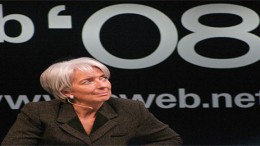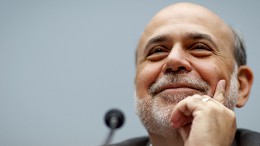Monetary policy rules global economy
MADRID | April 20, 2015 | By JP Marín Arrese | Governments in developed countries openly bet on monetary stimulus for getting their economies back on track. The US massive liquidity injection stood as the hallmark for similar moves by Japan and Europe. Yet, the IMF voices concern that running global governance on money tools leads to a liquidity glut while demand and output remain largely subdued.










